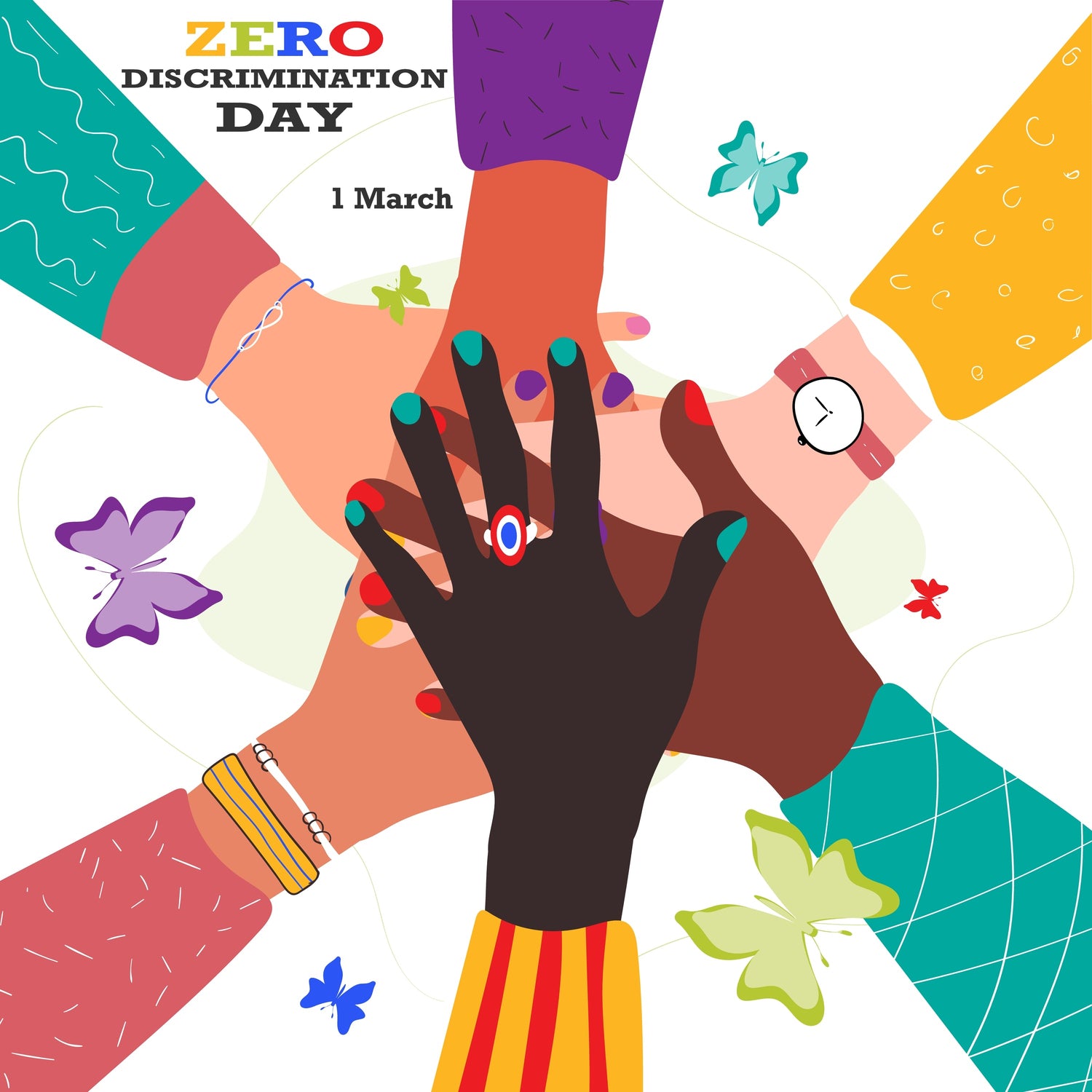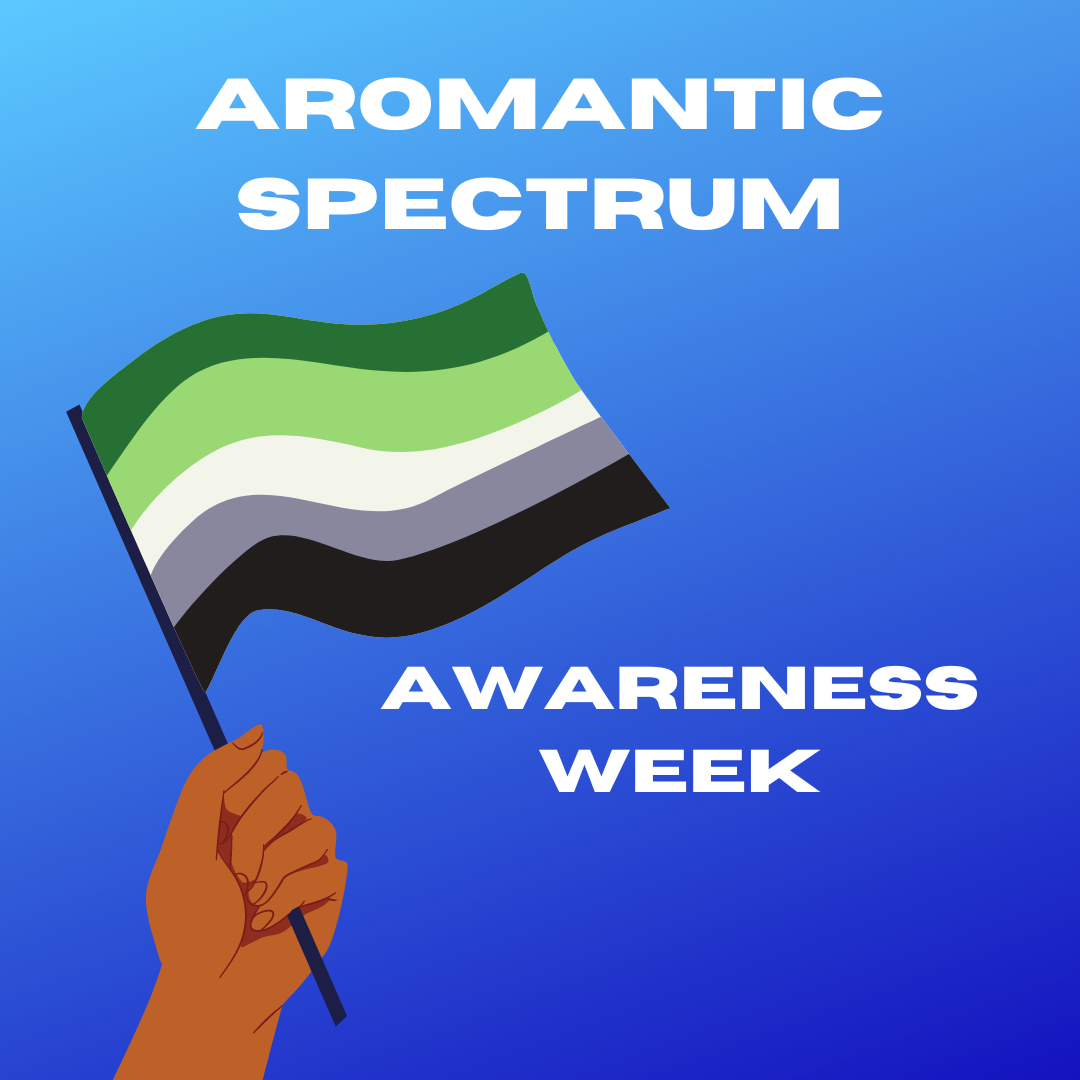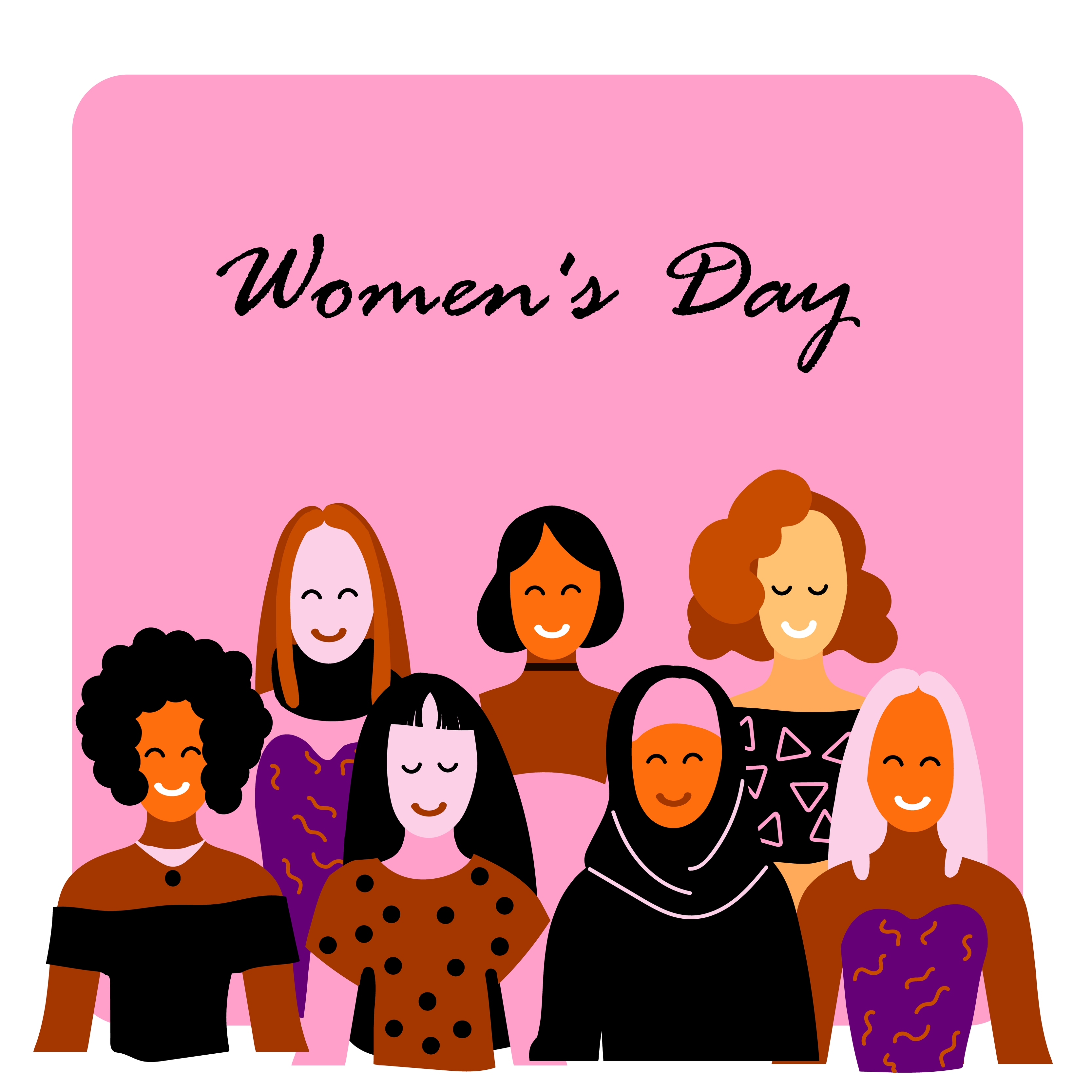What Is Zero Discrimination Day?
Zero Discrimination Day is an internationally recognized day of observance celebrated on March 1st of each year. The event is celebrated by the United Nations as a means of “helping create a global movement of solidarity to end all forms of discrimination”, and recognizing that everyone deserve the right to a full, productive, and dignified life. UNAIDS, in particular, celebrates the day to shed light on the stigma and discrimination that people living with HIV/AIDS (PLHIV) have and continue to experience to this day.
In 2022, UNAIDS highlights the “urgent need” to take action against discriminatory laws.
Read on to find out why this Zero Discrimination Day is important – and how you can continue the spirit of this day of observance even long after March 1st.
“Remove Laws That Harm, Create Laws That Empower”
That’s UNAIDS’ call to supporters this 2022.
Around the world, scores of 2SLGBTQ+ people, PLHIV, and women are subjected to undue restrictions on the basis of their sexual orientation, gender identity, and the status of their health. Legislators pass discriminatory laws to regulate who people can love, where they can work, where they can live, and whether they can have access to life-saving healthcare.
For example, in countries like Brunei, Iran, Mauritania, and Saudi Arabia, people who have consensual sex with same-sex partners can be punished via death penalty.
In Canada, sex work is currently criminalized despite research showing that criminalization has a negative impact on thd health and safety of sex workers. Take note that women, black and brown people, and trans feminine women are many times more likely to fall into sex work due to family rejection and economic instability, and so they are most at risk of facing jail time, financial issues, and social stigma.
In the UK, it wasn’t until 2020 that sexually active gay and bisexual men were allowed to donate blood. The previous discriminatory ban originated in the 80s, at the height of the AIDS epidemic. However, despite the overturning of this ban, men who have sex with men (MSMs) are still required to abstain from sex for three months if they want to donate.
In the US, upwards of 30 states introduced over a hundred bills that strip transgender people of their rights, from laws barring transgender youth from participating in same-gender sports to bills prohibiting minors from acquiring gender-affirming therapy and medication.
And that’s just the tip of the iceberg. All over the world, millions of people have to live their lives in fear of these discriminatory laws, or in fear that the law will not protect them in a crucial time of need. This is particularly concerning when it comes to discrimination in the medical setting, where laws don’t prevent doctors and medical professionals from turning trans and non-binary people away from receiving medical attention.
But changing discriminatory laws and blocking discriminatory proposals from becoming law is possible. However, it takes more than just one day of raising awareness. It requires engaging and organizing affected communities, documenting the effects of discriminatory practices, building coalitions, and so much more. Zero Discrimination Day exists merely to highlight the problem – the real work lies in what we choose to do after March 1st.
So What Can We Do About Discriminatory Laws?
UNAIDS highlights several action points that individuals can take to help in this movement:
1. Bring Attention To Discriminatory Laws
If your local government is in the process of passing a discriminatory law, or if there are gaps in your current legislation that allow discrimination to happen, call attention to it. Use the power of social media to educate more people about these laws.
2. Call Out Discrimination
If you witness discrimination in your daily life, be it at school, in the workplace, in the gym, or in a public setting, call it out. Victims of discrimination may not always be able to stand up for themselves, so it’s important for them to have visible allies.
3. Donate
Whether through your time, money, or a certain skill like photography or graphic design, you can help volunteer-run organizations further their advocacies.
The Bottom Line
As much progress as we’ve made in the world today, discrimination still happens everyday. What’s worse – there are places around the world where the law doesn’t even protect the people it’s supposed to protect. Which is why Zero Discrimination Day shouldn’t stop at just one day.
For many 2SLGBTQ+ people who have experienced discrimination while shopping, finding the right clothes and accessories can be an almost traumatic experience. At urBasics, we provide a safe, online space where you can shop for underwear that lets you feel confident and comfortable. Visit our product page to see everything we have to offer!




Leave a comment
This site is protected by hCaptcha and the hCaptcha Privacy Policy and Terms of Service apply.